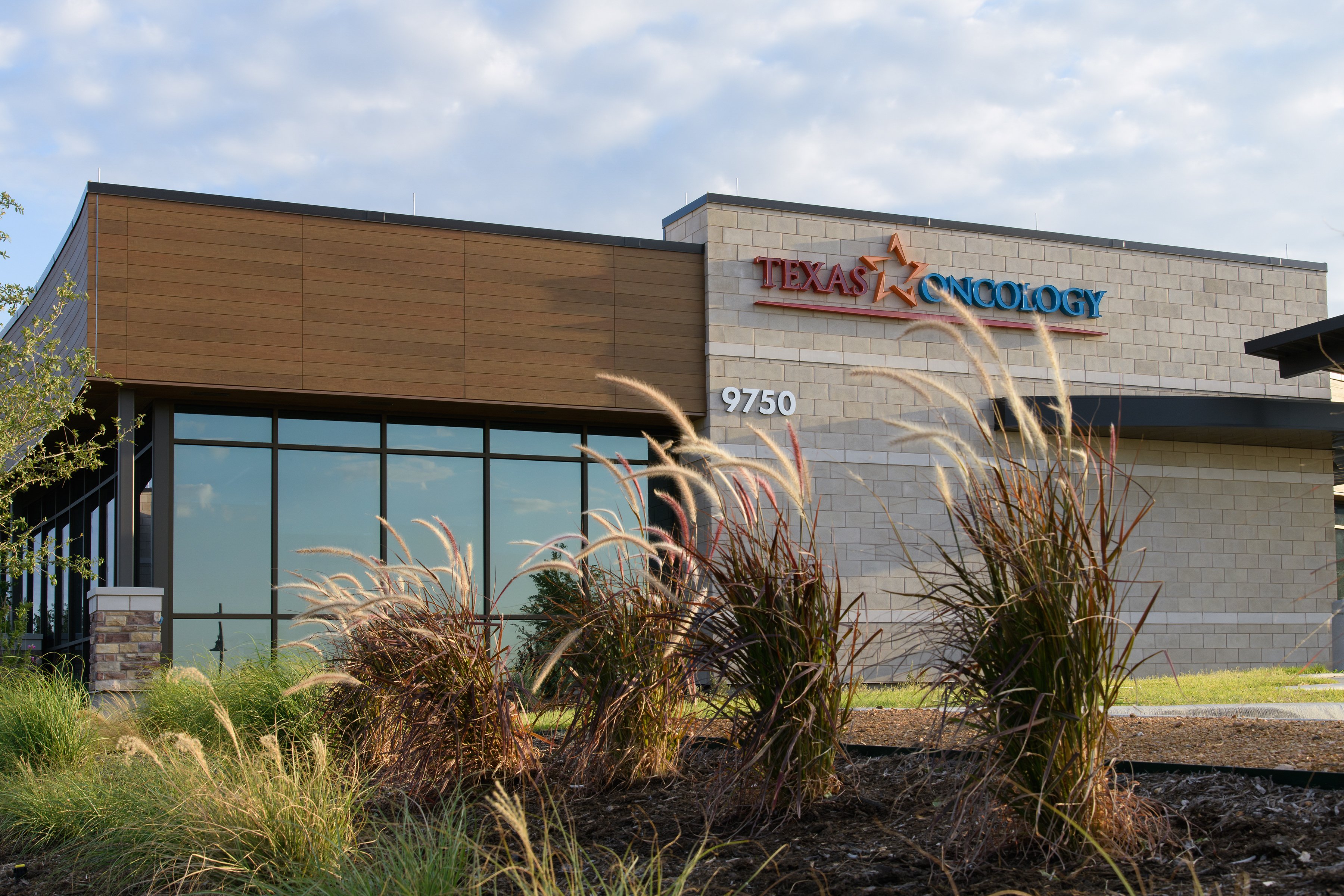Cancer Care
Conditions We Treat
Condition
Breast CancerCondition
Lung CancerCondition
Prostate CancerCondition
Skin CancerCondition
Blood DisordersOur Treatments & Services
Treatment
ChemotherapyTreatment
ImmunotherapyService
Precision MedicineSpecialty
Proton TherapyTreatment
Radiation TherapySpecialty
Surgical OncologyMeet Your Cancer Care Team
Each member of your oncology care team plays an integral role in surrounding you with support. Your team may include:
Physicians
Medical oncologists, radiation oncologists, surgeons, and palliative medicine specialists
Responsible for a patient’s overall care and treatment planning.
Advanced Practice Providers (APPs)
Nurse practitioners, physician assistants
Take care of follow-up appointments, 1:1 chemotherapy education, advance care planning, and survivorship.
Medical Assistants
Assist physicians and nurses, and introduce special programs to patients.
Nurses
Coordinate care and after-hours care.
Patient Benefits Representatives
Responsible for insurance benefit counseling and patient assistance.
Social Workers
Offer emotional support, self-care, and logistical resources.
Pharmacists
Fill prescriptions and offer guidance on medication usage.
Other Team Members
Lab technicians, genetic counselors
